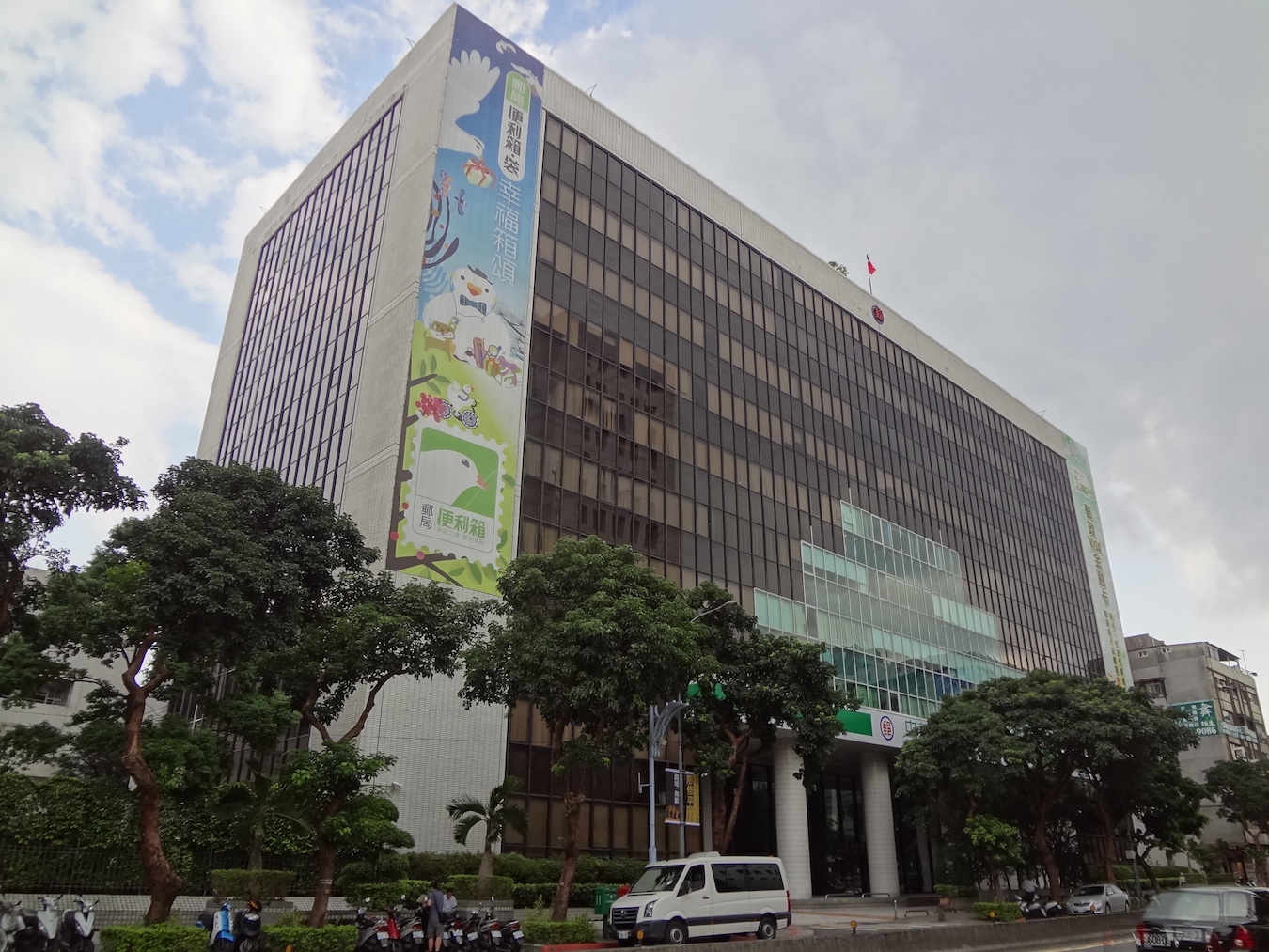by Brian Hioe
語言:
English
Photo Credit: Presidential Office/WikiCommons/CC BY 2.0
CHUNGHWA EXPRESS workers threatened to strike over year-end bonuses before the Lunar New Year, as the latest labor dispute in Taiwan to center around year-end bonuses. Past weeks have also seen ground workers for EVA Air strike over low year-end bonuses, despite record profits by the company.
The company is a subsidiary of the Chunghwa Post, which is a state-owned enterprise. The Chunghwa Express is a smaller company that specializes in the delivery of checks and other financial documents. As such, the timing of the strike threat strike was such that it could impact companies delivering financial documents around the time of the Lunar New Year, including banks and other key financial institutions.
Ultimately, the union did not strike after the company management agreed to a wage increase of 600 NT to the monthly salary. But the labor dispute before the Lunar New Year points to broader issues.
Chunghwa Express Union workers previously went on strike in July 2022 over low pay, calling for a 5,000 NT increase in pay for all company workers. Namely, workers in the company with ten years experience were not making more than 27,400 NT, which is not more than minimum wage.
Specifically, the Chunghwa Express has been plagued by issues regarding low pay. In September 2021, company workers demonstrated outside of the Ministry of Transportation and Communications, calling for a 5% increase in wages. The entry-level salary for Chunghwa Express workers was 24,700 NT, although the average monthly salary for workers in the transportation and warehouse industry is 55,097 NT. A September 2021 labor action resulted in a 5% increase for entry-level workers at the Chunghwa Express. Before that, there had not been any pay raise for workers at the Chunghwa Post in 17 years, with workers only seeing one pay adjustment in 21 years.
The company defended itself with the claim that it provides a meal subsidy worth between 1,400 NT and 1,700 NT per month to workers. However, workers were critical of that profits made by the company have not trickled down to them, as the Chunghwa Express made 74.92 million NT in net profits after taxes in 2019, while increases in costs for employees would only be 1 million NT for 200 employees, as the company has around 200 ground-level workers. Profits for the company increased to this amount within three years, with workers questioning whether the profits were going to company executives rather than workers.
 Photo credit: Solomon203/WikiCommons/CC BY-SA 3.0
Photo credit: Solomon203/WikiCommons/CC BY-SA 3.0
Other labor disputes with the Chunghwa Express center around the two-tier system that exists for workers that joined the company before and after the transition of the company from being run as a section of government to a state-owned enterprise in 2003. This has resulted in two different pay tiers for workers, with newer workers generally receiving fewer benefits. Labor discontents regarding such two-tier systems are not uncommon in former state-owned enterprises, however.
Differences in pay raises for categories of workers have also been criticized, as for proposed pay raises in 2021, salaries for clerks at service counters would increase by 4,950 NT, while salaries for couriers would only increase 2,494 NT. There was further outrage over that by contrast, 38,000 NT would be offered to contractors, though the company claimed that this was because of the maintenance costs for motorcycles and vehicles that contractors face.
As also seen with striking EVA ground crew workers, year-end bonuses in Taiwan, in fact, can sometimes serve as a means for companies to pay workers less fixed salary while maintaining a variable amount as a bonus. Workers are often outraged when companies have record profits, but little of this is given to workers, however.
This was the case with EVA Air, which is a subsidiary of Evergreen. Evergreen posted record profits in some sectors of the company last year. The Evergreen Marine Corporation reported 304.35 billion NT in profits for the first three quarters, which is up 92% for year-on-year profit. As such, Evergreen Marine Corporation gave some employees up to 52 months in wages as a year-end bonus, which was up from 40 months last year. Yet this was a contributing factor to discontent among EVA ground crew workers, when they were only given one month in bonuses.
So, too, with the Chunghwa Express. But the high number of labor protests in the company in past years likely points to broader issues internally with the Chunghwa Express, rather than issues that stem from any single issue.

